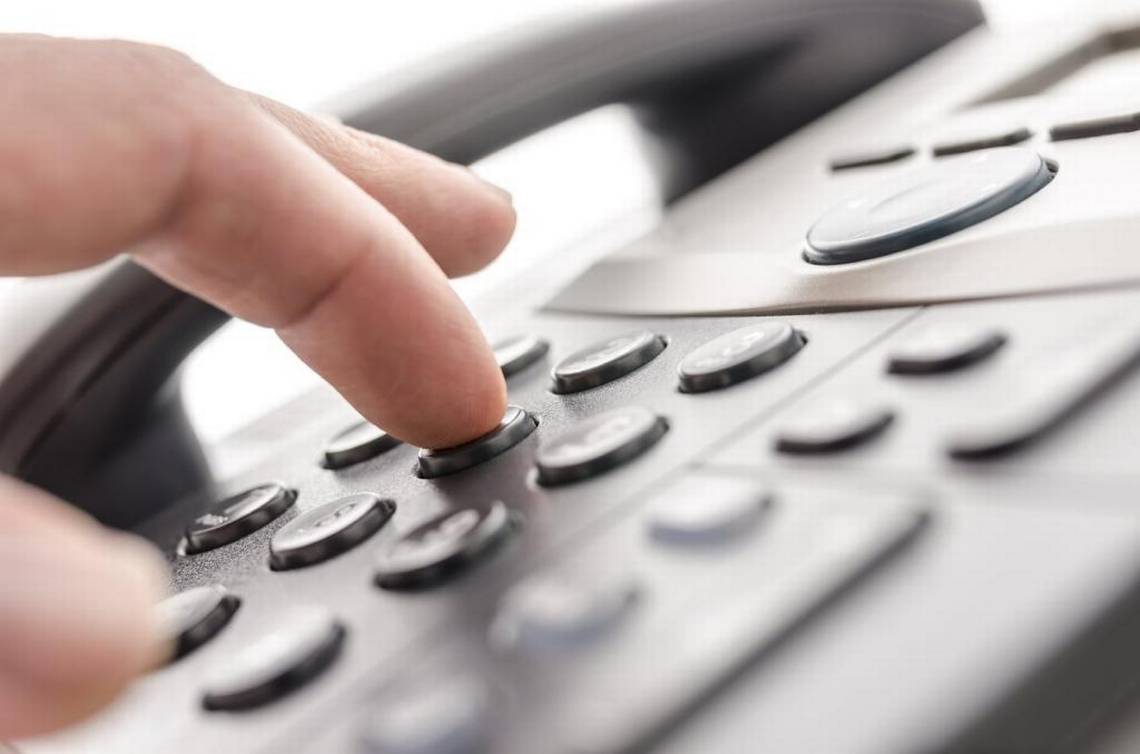On Thursday, the Federal Communications Commission proposed a $120 million fine against Adrian Abramovich of Florida, alleging the Miami man’s high-volume, illegal robocalls disrupted medical services and instigated fraud against countless Americans.
The massive fine, which is the largest ever sought by the FCC, came after an investigation traced 80,000 robocalls back to Abramovich’s Miami home.
Official estimates reckon the fraudster placed nearly 100 million robocalls within a three-month period.
Abramovich’s purported robocalls led recipients to believe they were being contacted by legitimate businesses, such as TripAdvisor and Expedia. The automated voice would inform customers of exclusive timeshares and vacation deals, which were in fact being sold by Abramovich himself.
The chairman of the FCC, Ajit Pai, suggested the scammer’s reach was so wide it may have disrupted medical services.

“This scheme was particularly abhorrent because, given its breadth, it appears to have substantially disrupted the operations of an emergency medical paging provider,” said Pai at an FCC hearing on Thursday. “It did this by slowing down and potentially disabling its network. Pagers may be low-tech, but for doctors, these devices are simple and dependable standbys.”
The Hill notes that, in addition to being the largest fine ever proposed by the FCC, the move against Abramovich is also ‘the first time the agency has taken an enforcement action under the 2009 Truth in Caller ID Act.’
The charges being brought against Abramovich stem partly from his use of fraudulent caller identification codes.
Abramovich used a program which made the recipients of his calls believe they were being rung by a local number. If someone picked up, they were greeted by a robotic voice informing them of special offers from high-profile companies.
Recipients of the robocalls were prompted to press ‘1’ on their phones to get more information on exclusive deals from companies like Expedia and TripAdvisor, as well as hotel chains such as Hilton and Marriott.
Pressing ‘1’ led listeners’ calls to be redirected to foreign call centers, wherein live operators would make a sales pitch on behalf of companies they had no affiliation with.
In the three months Abramovich was pulling his scam, the FCC was bombarded with complaints from angry consumers.
Abramovich was sending out 44,000 robocalls per hour, with many reaching the same customers multiple times.
“I always hang up when I [hear] the cheesy auto voice, but even when I miss the call I am miffed that my cell phone is getting clogged from ‘missed call’ notifications from these scumbags!” read one angry complaint. “They always have the same area code and first three digits as my own cell phone . . . please track down these jerks!”
Some of the indiscriminate calls also disrupted medical paging services.
“Mr. Abramovich could have delayed vital medical care, making the difference between a patient’s life and death,” said FCC Chairman Pai.
While the FCC acknowledges that some customers paid money to Abramovich’s offshore agents, it hasn’t yet released a figure indicating the total amount he managed to collect.
Sources
FCC proposes $122M fine on robocall scammer
Miami man accused of making 96 million robocalls now faces $120 million fine
Scammer who made 96 million robocalls should pay $120M fine, FCC says


Join the conversation!